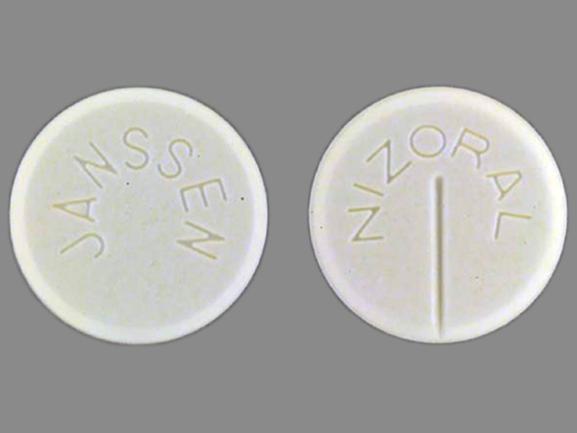Nizoral and Alcohol/Food Interactions
There is 1 alcohol/food/lifestyle interaction with Nizoral (ketoconazole).
Ketoconazole Food/Lifestyle
Moderate Food Interaction
You should avoid the use of alcohol while being treated with ketoconazole. Ketoconazole may cause liver damage and using it with alcohol or products containing alcohol may increase that risk. In addition, consumption of alcoholic beverages or products containing alcohol during treatment with ketoconazole may trigger a disulfiram-like reaction in some patients, with unpleasant symptoms such as flushing, palpitations, and nausea. Ketoconazole may be taken with or without food. You should avoid consumption of grapefruit, grapefruit juice, or any supplements that contain grapefruit extract during treatment with ketoconazole unless directed otherwise by your doctor. Grapefruit juice may increase the blood levels of ketoconazole. This may increase the risk and/or severity of side effects and liver problems. You should seek immediate medical attention if you develop signs and symptoms of liver damage during treatment with ketoconazole, such as joint pain or swelling, unusual bleeding or bruising, skin rash, itching, loss of appetite, fatigue, nausea, vomiting, dark colored urine, light colored stools, and yellowing of the skin or eyes. Talk to your doctor if you have any questions or concerns. It is important to tell your doctor about all other medications you use, including vitamins and herbs. Do not stop using any medications without first talking to your doctor.
Switch to professional interaction data
Nizoral drug interactions
There are 864 drug interactions with Nizoral (ketoconazole).
Nizoral disease interactions
There are 4 disease interactions with Nizoral (ketoconazole) which include:
More about Nizoral (ketoconazole)
- Nizoral consumer information
- Check interactions
- Compare alternatives
- Reviews (4)
- Drug images
- Side effects
- Dosage information
- During pregnancy
- Drug class: azole antifungals
- Breastfeeding
Related treatment guides
Drug Interaction Classification
| Highly clinically significant. Avoid combinations; the risk of the interaction outweighs the benefit. | |
| Moderately clinically significant. Usually avoid combinations; use it only under special circumstances. | |
| Minimally clinically significant. Minimize risk; assess risk and consider an alternative drug, take steps to circumvent the interaction risk and/or institute a monitoring plan. | |
| No interaction information available. |
See also:
Further information
Always consult your healthcare provider to ensure the information displayed on this page applies to your personal circumstances.


